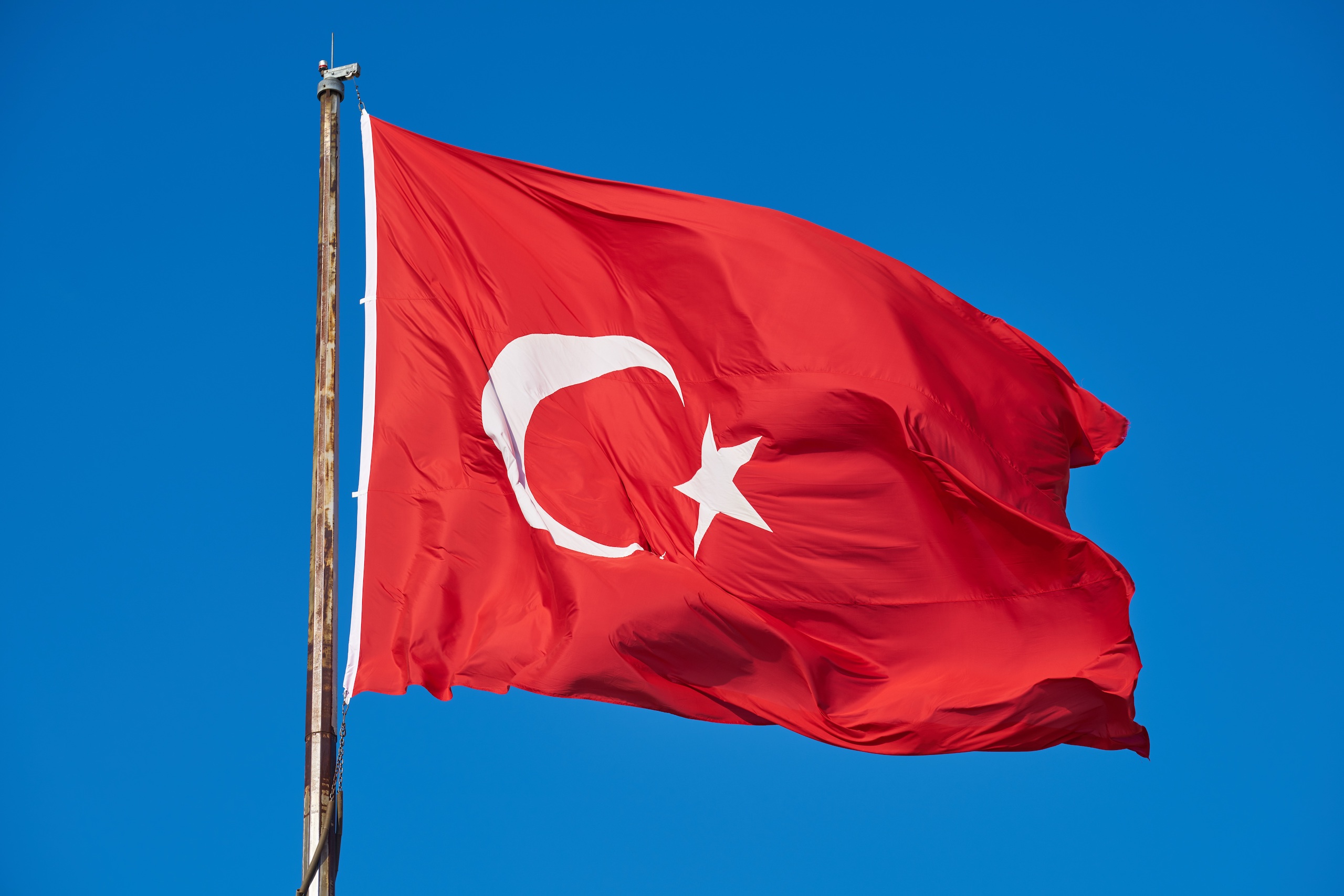The Clooney Foundation for Justice’s TrialWatch initiative has concluded its monitoring of the trial in Turkey of Veysel Ok, a lawyer who has devoted his career to protecting freedom of speech.
Ok was convicted today of ‘Publicly Insulting the Judicial Bodies of the State’ under Article 301 of the Turkish Penal Code and sentenced to five months imprisonment (with the sentence pronouncement deferred). The charges were based on a press interview that Mr. Ok gave questioning the independence of the judiciary. The charges brought against Mr. Ok were initiated through a complaint filed by the office of Turkey’s President Recep Tayyip Erdoğan.
Mr. Ok’s conviction violates his right to freedom of expression under Article 10 of the European Convention on Human Rights and Article 19 of the International Covenant on Civil and Political Rights.¹ The prosecution of Mr. Ok is consistent with similar prosecutions targeting free expression in Turkey, including the recent conviction of Cansu Piskin under Turkey’s Anti- Terror Law at a trial that TrialWatch also monitored and found to be defective. These prosecutions and convictions, and others, will chill free expression and further undermine media freedom in Turkey.
Background
Ok is the co-founder of the non-profit organization Media Law Studies Association, which coordinates pro bono legal support and monitors trials against journalists in Turkey; he has also represented novelists and members of the media facing criminal charges in Turkey.
On December 25, 2015, in an interview with the newspaper Özgür Düsünce, Ok raised concerns about judicial independence in Turkey being compromised and resulting in unfair trials. He stated among other things that “in the past there were judges with different perspectives/views; there was a high likelihood of encountering Judges who prioritized freedoms; but now the judiciary is in one single color. . . . there are ordered decisions.”
On December 29, 2015, the office of President Recep Tayyip Erdoğan requested that charges be brought against Ok under Article 301 of the Turkish Penal Code, which criminalizes “degrad[ing] the Turkish nation, the State of the Republic of Turkey, the Grand National Assembly of Turkey, the Government of the Republic of Turkey or the judicial bodies of the State.” An indictment was then filed in August 2016, nearly eight months later, and only after Ok began representing a number of journalists indicted in the wake of the 2016 attempted coup d’état in Turkey.
During the March 21, 2019 hearing, Ok admitted that he had criticized the judicial system but stated that he had not intended to insult, arguing that “[he] didn’t commit a crime”; rather, he wished to see the judicial system become more fair and independent. He then noted that European Court of Human Rights jurisprudence protects criticism of the government, even when it ‘shocks or offends,’ going on to assert: “I wish for a Turkey where expression of ideas is not a crime.” Ok’s lawyer further argued that the charges had not been brought within the statute of limitations governing charges arising from publications. (Article 26 of Turkey’s Press Law provides for a two-month statute of limitations for charges arising from matter in daily periodicals and a six-month statute of limitations for other printed materials.)
¹ See Fatih Taş v. Turkey, European Court of Human Rights, App. No. 6810/09 (Sept. 4, 2018) (finding that revision of Article 301 would be an appropriate remedy in the case); Dilipak v. Turkey, European Court of Human Rights, App. No. 29680/05 (Sept. 15, 2015) (holding that a violation had occurred where a writer and journalist was prosecuted for criticizing high-ranking military officers and concluding that “[u[nder the circumstances, the commencement of criminal proceedings looked rather like an attempt by the competent authorities to use criminal proceedings to suppress ideas or opinions considered as disruptive or shocking”); Akçam v. Turkey, European Court of Human Rights, App. No. 27520/07 (Oct. 25, 2011) (“[T]he scope of the terms under Article 301 of the Criminal Code . . . is too wide and vague . . . . any opinion or idea that is regarded as offensive, shocking or disturbing can easily be the subject of a criminal investigation by public prosecutors.”).
